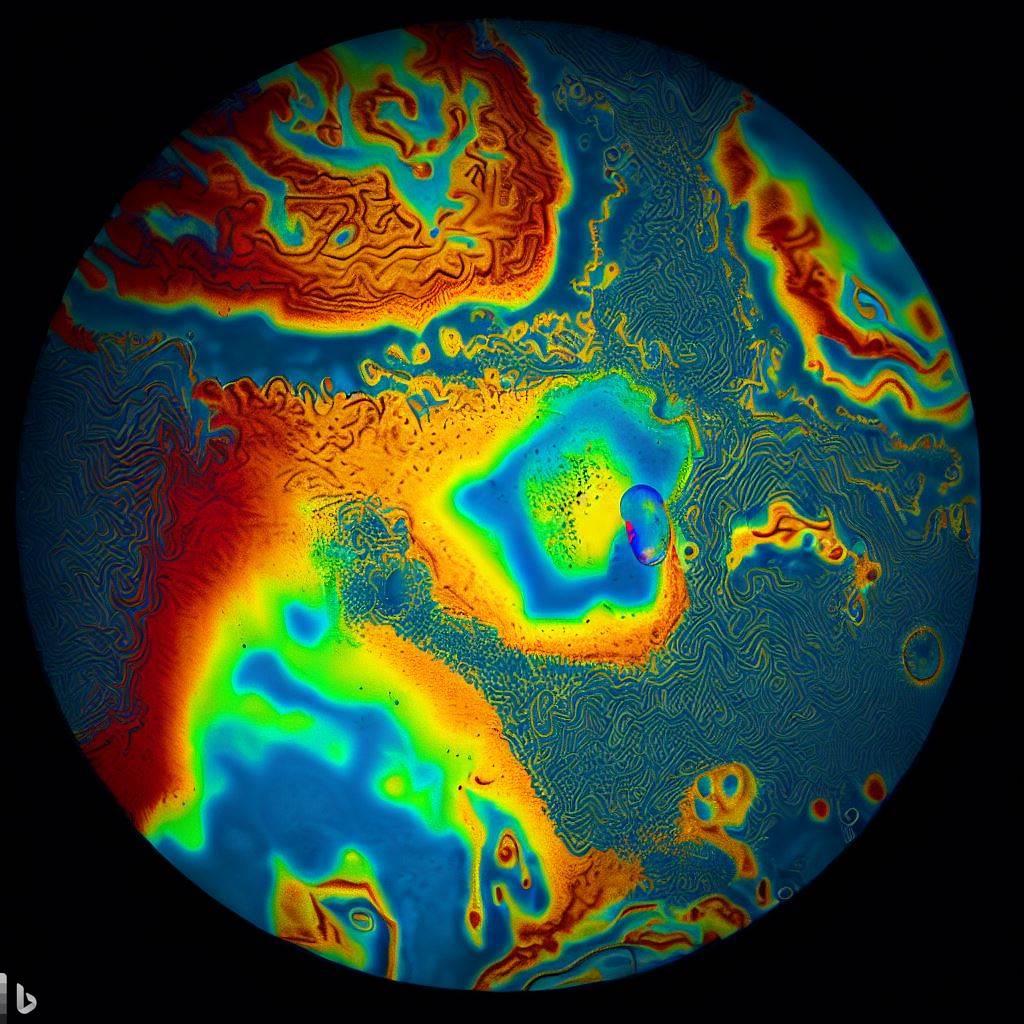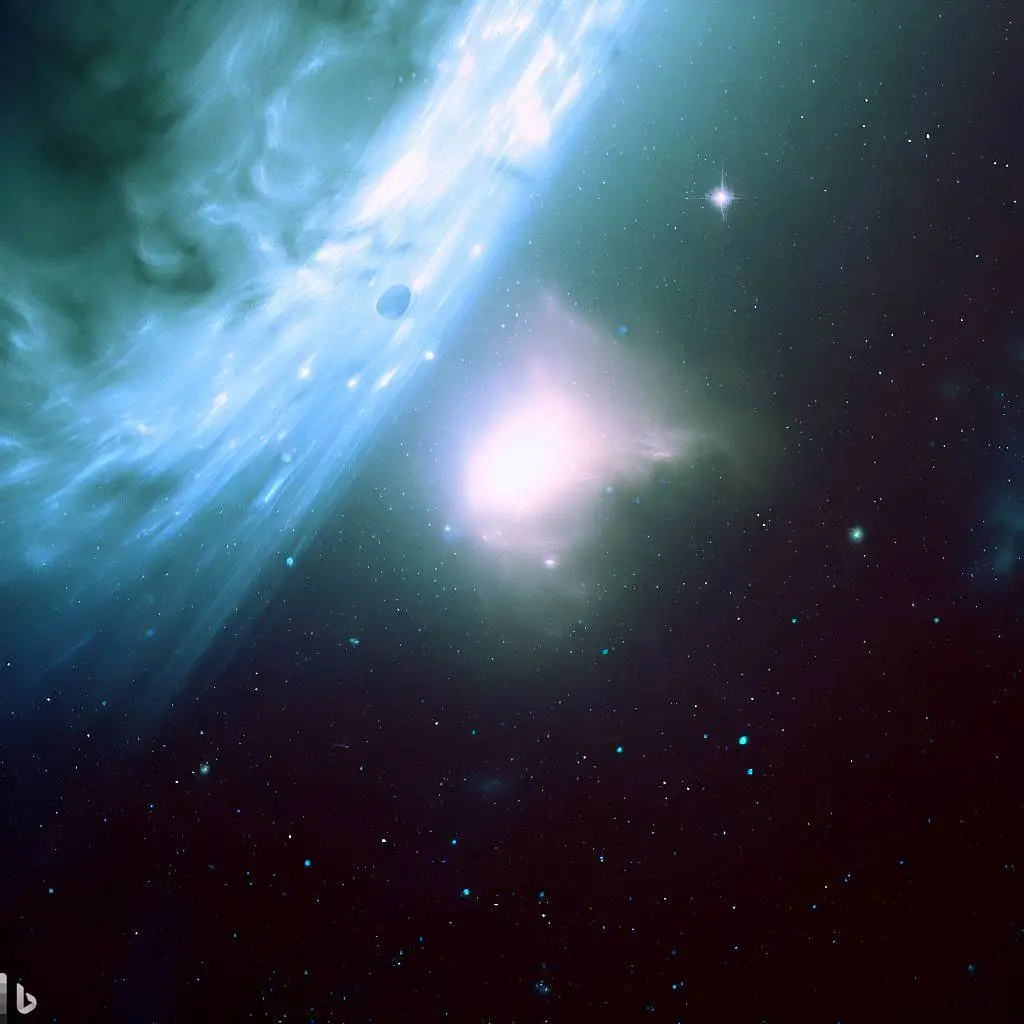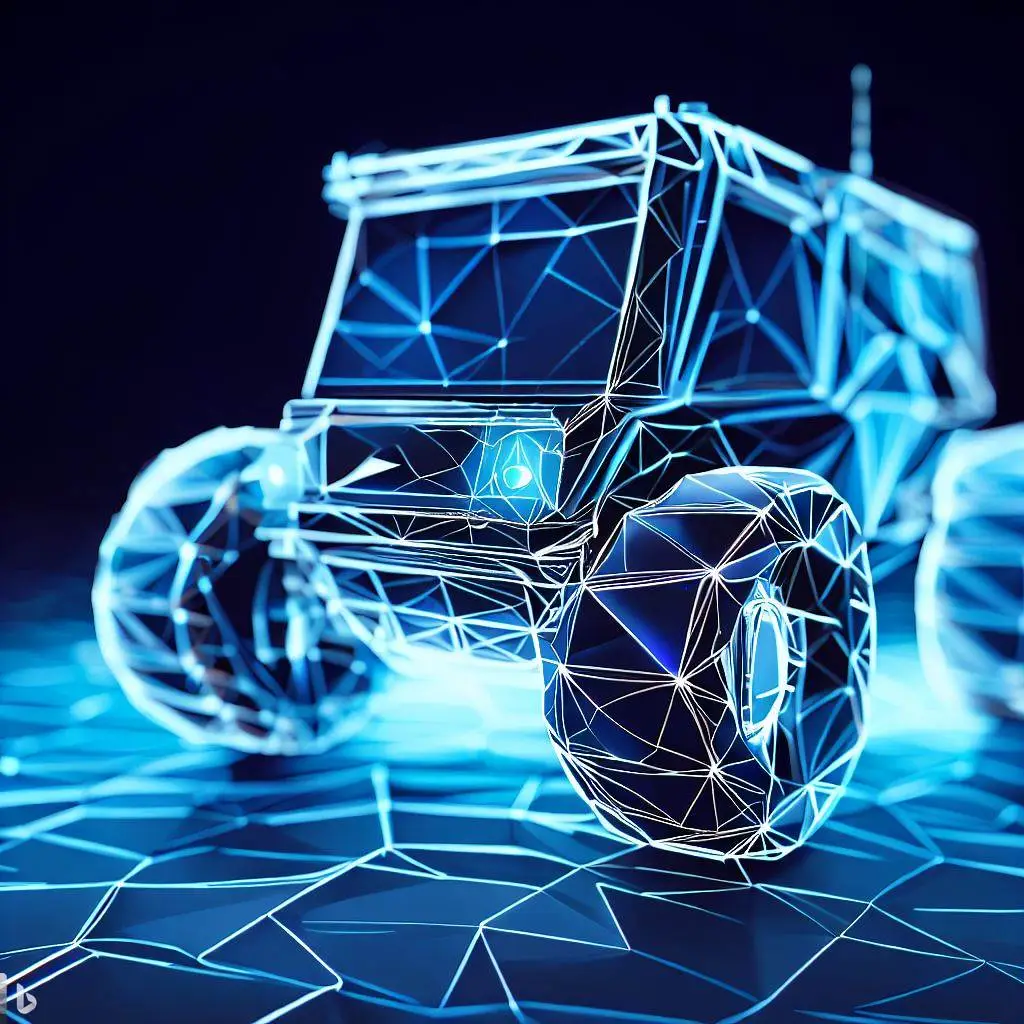Japanese company Astroscale has secured a $90 million contract to remove a bus-sized rocket stage from orbit by the end of the decade. This ambitious project, known as ADRAS-J2, marks a pivotal moment in the global effort to manage space debris and ensure the long-term usability of Earth’s orbit.
Introduction: A Major Leap in Space Cleanup
Astroscale, a leader in satellite servicing and orbital sustainability, has entered into a groundbreaking agreement with the Japanese Aerospace Exploration Agency (JAXA) for the Commercial Removal of Debris Demonstration (CRD2) program. This initiative represents one of the first major technology demonstrations aimed at tackling large-scale space debris. Funded by JAXA, the project builds on Astroscale's earlier ADRAS-J mission, showcasing a commitment to solving one of the most pressing issues in modern space operations.
The ADRAS-J2 Mission: Removing Space Debris
The ADRAS-J2 mission will focus on removing a 3-ton, 36-foot-long (11 meters) rocket stage that has been orbiting Earth since 2009. This upper stage, which originally deployed the GOSAT greenhouse gas-observing satellite, has been tumbling uncontrollably at an altitude of approximately 370 miles (600 kilometers). The mission’s primary goal is to demonstrate the capability of active debris removal technology by capturing and deorbiting this large piece of space junk.
Background: The Need for Space Debris Management
Space debris, or space junk, poses a substantial risk to satellites and spacecraft. With an estimated 40,500 pieces larger than 4 inches (10 cm) orbiting Earth, the threat of collision is ever-present. These fragments include defunct satellites, spent rocket stages, and debris from past collisions. Additionally, there are over 1.1 million objects ranging from 0.4 to 4 inches (1 to 10 cm) and more than 130 million smaller particles. The Kessler Syndrome—a hypothetical scenario where debris collisions create a cascading effect of more debris—could potentially render low Earth orbit unusable for decades if not addressed.
ADRAS-J Mission and Achievements
The ADRAS-J mission, which was a precursor to ADRAS-J2, made history as the world’s first mission to approach and survey a large piece of orbital debris. This mission involved characterizing the condition of the rocket stage and preparing for the eventual removal operation. The success of ADRAS-J demonstrated the feasibility of rendezvous and proximity operations (RPO) with space debris, setting the stage for ADRAS-J2's more complex tasks.
During ADRAS-J, the spacecraft achieved a significant technical milestone by conducting controlled fly-around observations of the rocket stage while maintaining a fixed-point relative position of approximately 50 meters. This achievement provided crucial insights into the debris’s structural integrity and the condition of its payload adapter—the component that will be used to capture the rocket stage.
Phase I and II of the CRD2 Program
Astroscale Japan Inc., a subsidiary of Astroscale Holdings Inc., was selected for both phases of the CRD2 program. Phase I involved the design, manufacture, testing, and operation of ADRAS-J. This phase laid the groundwork for the current mission by proving the technology’s capability to approach and assess debris.
Future Prospects and Other Projects
In addition to the ADRAS-J2 mission, Astroscale is pursuing other space debris removal initiatives. In July, the company signed a contract with satellite operator Eutelsat OneWeb to remove a OneWeb satellite equipped with a magnetic docking plate from orbit by 2027. Another proposed mission involves a spacecraft with a robotic arm being considered by the U.K. Space Agency to potentially remove two old British satellites.
The European Space Agency (ESA) is also developing a space debris removal mission called ClearSpace-1, which aims to remove a smaller piece of debris—a 207-pound (94 kilograms) Proba-1 satellite. Originally intended to target a different piece of debris, the mission's focus shifted following damage to the original target. ClearSpace-1 is expected to launch no earlier than 2028.
Conclusion: A Crucial Step for Space Sustainability
Astroscale’s $90 million ADRAS-J2 mission is a significant advancement in the field of space debris removal. By tackling a large piece of debris and demonstrating cutting-edge technology, the mission represents a crucial step toward ensuring the sustainability of Earth's orbital environment. With increasing concerns about space debris and its potential impact on future space operations, initiatives like ADRAS-J2 are essential for maintaining the safety and usability of space for years to come. As the space industry continues to expand, the efforts of companies like Astroscale highlight the importance of proactive measures in managing and mitigating the risks associated with space debris.









Add a Comment: